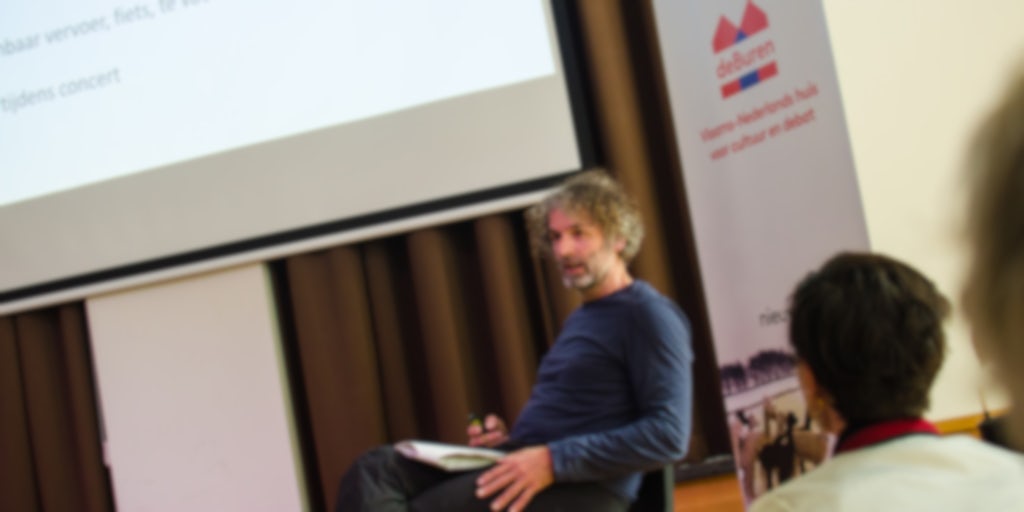Personal statement on the international #8: Train Time, Quality Time

To complement the research and reflection done in this trajectory we hosted inspiration sessions to discuss the alternative and sustainable ways of working internationally in the arts. Music professionals Wim Wabbes and Wouter Vandenabeele presented their cases and shared their experiences. To conclude, we asked them to write down a personal statement.
In the wake of slow food and other slow applications, slow travel is one more for the list. In the quest for sustainable mobility, slowness is a crucial concept. Slowness is the equivalent of time as an added quality.
Taking the train as an alternative for driving or flying has everything to do with both sustainability and quality. Although the train is not as fast, it offers more quality time, as well as less interrupted or unusable time. With flying, getting to the airport, checking in, security checks, finding your gate, boarding, taking off and landing are all brief interventions in time that preclude any long-lasting activity, and they are often stressful. With driving, there may be a single long road, but it offers limited freedom of movement and high levels of concentration and stress.
Travelling by train means frequent long, restful trajectories, with a rhythm of their own, comfort in which to work, read, sleep, stretch your legs, eat and drink.
If you take the entire trip into account, from door to door, taking a train may not even be so much slower, and sometimes not at all. And then, the experience of the travel is so much more intense and authentic.
For a trip of 1000 km, or one day of travel, the train is often the most sensible choice. Setting low-cost airlines aside, it is also the most financially feasible (even travelling first class). It takes seven hours and twenty minutes to travel from Ghent to Berlin, with a long, uninterrupted stretch from Cologne to Berlin. A return ticket is under €200. You only need to change trains twice. The flight takes an hour and a half, but if you include all the travelling and waiting time, the most you gain would be some 90 minutes.
Like many things we do by habit, it comes down to finding a different attitude, a different perspective, and then the switch is easily made. We can just hope that our railroad companies and national and European governments see the sense and the necessity of an efficient railroad system and reinstate cancelled long-distance train services.



